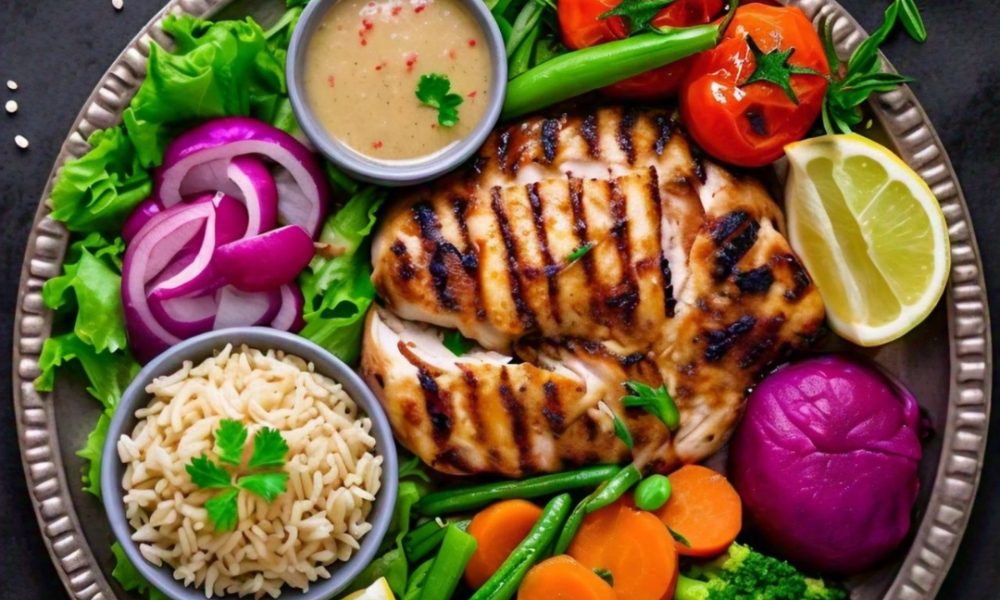A balanced diet is essential for maintaining good health and well-being. Eating a variety of nutrient-dense foods can help to support optimal bodily functions, reduce the risk of chronic diseases, and promote overall health and happiness.
What is a Balanced Diet?
A balanced diet is one that includes a variety of foods from all food groups in the right proportions. It should include a mix of:
- Fruits and vegetables
- Whole grains
- Protein sources (such as meat, poultry, fish, beans, and lentils)
- Dairy products (such as milk, cheese, and yogurt)
- Healthy fats (such as nuts, seeds, and avocados)
Benefits of Eating a Balanced Diet
Eating a balanced diet can have numerous health benefits, including:
- Maintaining a healthy weight
- Reducing the risk of chronic diseases (such as heart disease, type 2 diabetes, and certain cancers)
- Supporting optimal bodily functions (such as energy production, immune function, and digestion)
- Promoting healthy skin, hair, and nails
- Supporting mental health and well-being
Foods to Include in a Balanced Diet
Here are some examples of nutrient-dense foods that should be included in a balanced diet:
- Fruits:
- Berries (such as blueberries, strawberries, and raspberries)
- Citrus fruits (such as oranges, grapefruits, and lemons)
- Apples and bananas
- Vegetables:
- Leafy greens (such as spinach, kale, and broccoli)
- Cruciferous vegetables (such as cauliflower, Brussels sprouts, and cabbage)
- Colorful vegetables (such as bell peppers, carrots, and sweet potatoes)
- Whole grains:
- Brown rice
- Quinoa
- Whole wheat bread and pasta
- Protein sources:
- Lean meats (such as chicken, turkey, and fish)
- Legumes (such as beans, lentils, and peas)
- Nuts and seeds (such as almonds, chia seeds, and flaxseeds)
- Dairy products:
- Milk and cheese
- Yogurt
- Eggs
- Healthy fats:
- Nuts and seeds (such as walnuts, chia seeds, and flaxseeds)
- Avocados
- Olive oil
Foods to Limit or Avoid
Here are some examples of foods that should be limited or avoided in a balanced diet:
- Processed and packaged foods
- Sugary drinks (such as soda and sports drinks)
- Refined grains (such as white bread and sugary cereals)
- Saturated and trans fats (such as butter, lard, and partially hydrogenated oils)
- High-sodium foods (such as processed meats and canned soups)
Tips for Eating a Balanced Diet
Here are some tips for eating a balanced diet:
- Eat a variety of foods from all food groups
- Include a mix of protein, healthy fats, and complex carbohydrates at each meal
- Limit or avoid processed and packaged foods
- Drink plenty of water and limit sugary drinks
- Cook at home using fresh ingredients
- Avoid eating in front of screens (such as TV or computers)
Eating a balanced diet is essential for maintaining good health and well-being. By including a variety of nutrient-dense foods in your diet and limiting or avoiding processed and packaged foods, you can support optimal bodily functions, reduce the risk of chronic diseases, and promote overall health and happiness.

